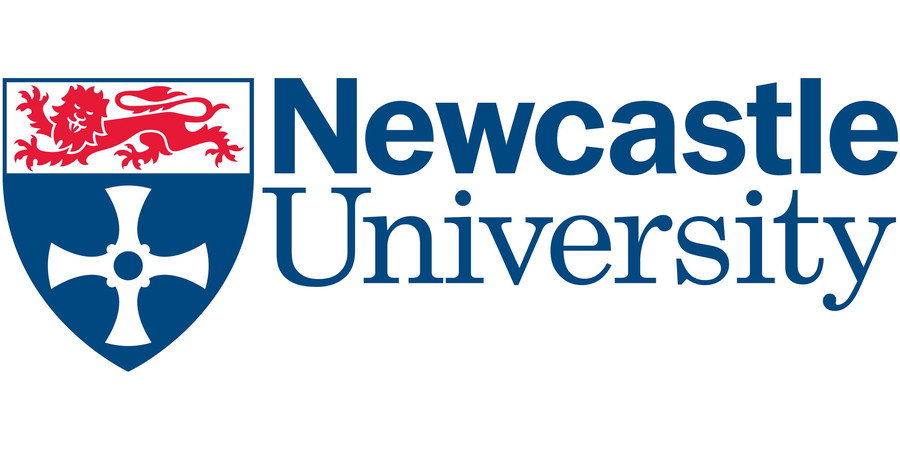PhD Studentship – Anti-crystal Engineering to Prevent Drug Induced Nephrotoxicity
Newcastle University
| Qualification Type: | PhD |
|---|---|
| Location: | Newcastle upon Tyne |
| Funding for: | UK Students, EU Students, International Students |
| Funding amount: | £18,622 |
| Hours: | Full Time |
| Placed On: | 24th January 2025 |
|---|---|
| Closes: | 13th February 2025 |
Award Summary
100% of home tuition fees paid and an annual stipend (living expenses) of £18,622.
Overview
Acute Kidney Injury (AKI) is often diagnosed late, is ineffectively managed and has been recognised as a condition of global concern—we want to stop it from happening in the first place. We know that the kidney is particularly vulnerable to drug toxicity because of its ability to concentrate medicines, but we don't know how to modulate this concentrating effect in order to prevent this adverse drug reaction. We are at an impasse. Complex descriptions of drug behaviour can only do so much, the clinician still needs to deliver a high dose of a drug to ensure therapeutic efficacy; and for some drugs, this dose happens to be very near that which causes kidney toxicity. Our focus is on one source of kidney toxicity, which emerges from drugs crystallising in the kidney (crystalluria), causing trauma and pain.
Synergising with our EPSRC funded study exploring the fundamentals of crystal growth in urine, this project aims to explore how simple small molecule inhibitors can facilitate these necessary high drug concentrations without inducing crystal growth. We aim to deliberately modulate crystal growth behaviour by interrupting the bonding network in the crystals of these drugs. The student will build on our teams’ experience in crystal engineering to select a strategy to inhibit crystalluria for these drugs.
Our team stands as an example of excellence in pioneering and impactful advancements in pharmaceutical sciences with a track record in leading EPSRC and charity (Action Medical Research/LifeArc) funded projects. We bring together complementary expertise in modelling supersaturating drug delivery systems alongside extensive experience with predictive in vitro tools which will contribute to a nuanced understanding of crystalluria and provide clinicians with a set of new tools (via Phase I/II trials) to prevent crystalluria.
Number Of Awards
1
Start Date
September 2025
Award Duration
3.5 years
Sponsor
Kidney Research UK
Supervisors
Dr Oisín Kavanagh
Eligibility Criteria
A 2:1 honours degree, or international equivalent, in a relevant subject. A Masters with strong research training element would be highly advantageous.
This studentship funds applicants with a Home fee status (UK and EU applicants with pre-settled/settled status and meet the residency criteria). Successful international applicants will need to be able to pay the difference between home and international fees.
How To Apply
You must apply through the University’s Apply to Newcastle Portal
In ‘Course choice’ tab, put ‘Postgraduate Research’ in 'Type of Study', ‘Full Time’ in ‘Mode of Study’, ‘2025’ in ‘Year of Entry’, code ‘8440F’ in ‘Course Title’, blank in ‘Research Area’. Press ‘Search’, select ‘PhD Translational and Clinical Research (FT)’, and save selection.
Either upload a document or write into ‘Personal Statement’. Put code ‘TC111’ in ‘Studentship/Partnership Reference’. When prompted for research proposal, select ‘Write Proposal’. Type in the title of the research project from this advert. A research proposal is not required. You can also upload a covering letter and CV, please state how your interests and experience relate to the project.
You must submit one application per studentship, you cannot apply for multiple studentships on one application.
Contact Details
oisin.kavanagh@newcastle.ac.uk
Advert information
Type / Role:
Subject Area(s):
Location(s):









